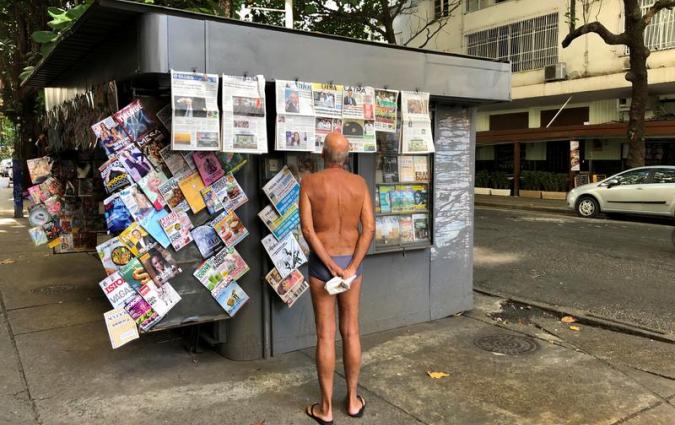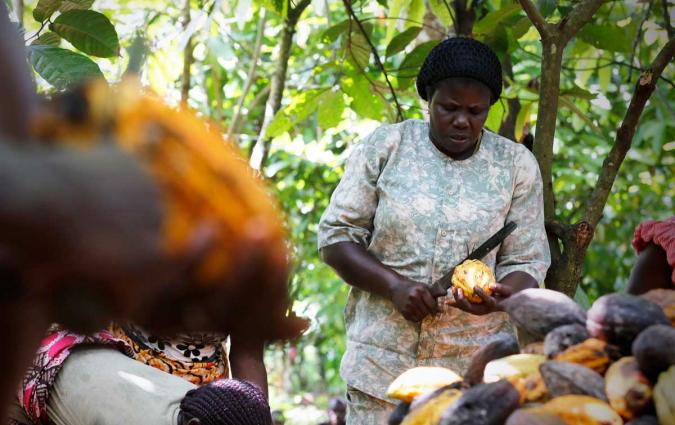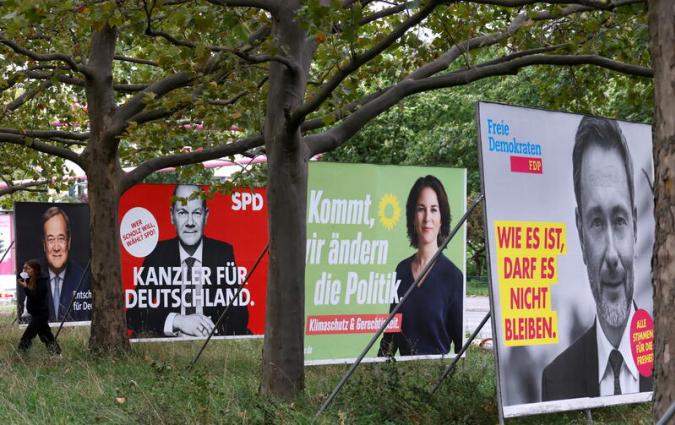In need of a Leveson? Journalism in India in times of paid news and ‘private treaties’,

Reuters Institute Fellow's Paper
Anuradha Sharma is a freelance journalist based in Calcutta, India. She writes on politics and culture and covers India, Nepal, Bhutan and Bangladesh.
In her paper, In need of a Leveson? Journalism in India in times of paid news and ‘private treaties’, she explores the current ethical issues concerning the Indian media. The paper deals with malpractices such as the “paid-news phenomenon” (favourable news coverage in return for payment) and “private treaties” (equity-against-advertisement deals in which media companies acquire a stake in lieu of payment for advertisements).A fierce regulation debate is going on in India owing to the large-scale corruption in media. This study comes at a time when the country is readying for General Elections next year (2014), and the Election Commission of India has already announced the mammoth task of monitoring election coverage. It has directed all state and district authorities to set up district-level ‘Media Certification and Monitoring Committees’ that will monitor news on print and electronic media to see if any political advertisement is passed off as if it were news. The objective of the paper is to answer the key question that its title presents - whether it’s time for a ‘Leveson’ in India?
Anuradha includes the findings of the Press Council of India and Parliamentary Standing Committee on Information and Technology, and the views of different stakeholders such as media company CEOs, journalists, academics and other experts. While the Times Group, India’s largest media conglomerate and publisher of The Times of India, the largest selling English daily in the world, is at the core of her study, she draws examples from other English and regional newspapers as well. The paper argues that some careful regulation is now needed for the Indian media. It also suggests the steps that need to be taken in order to protect media freedom and objectivity.
As with all Fellows’ research papers, any opinions expressed are those of the author and not of the Institute.






